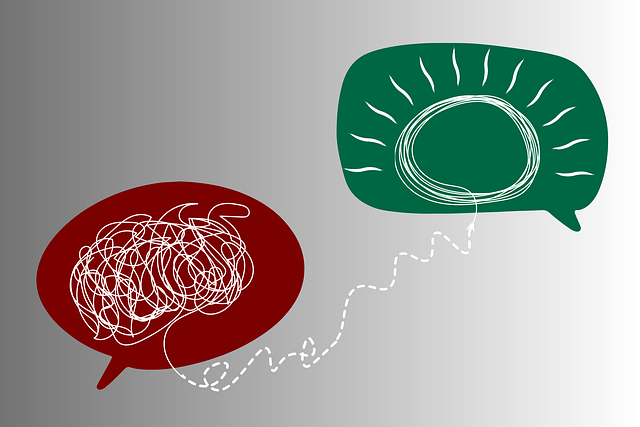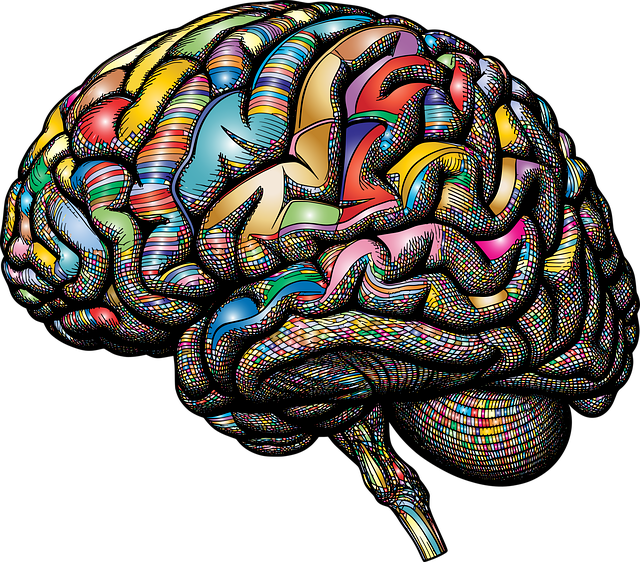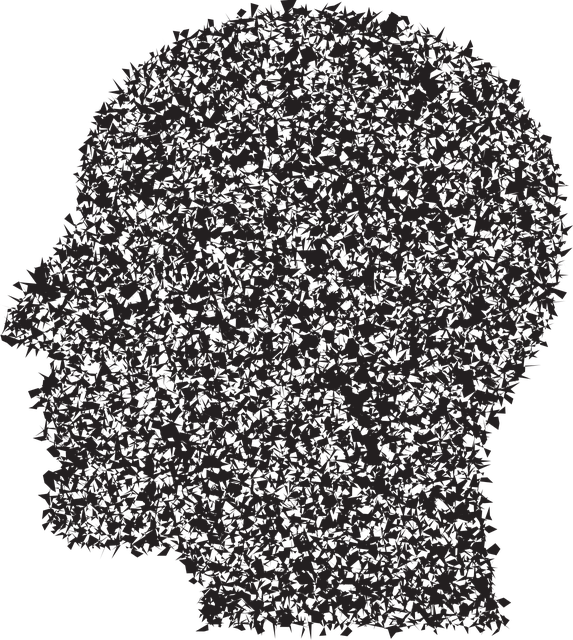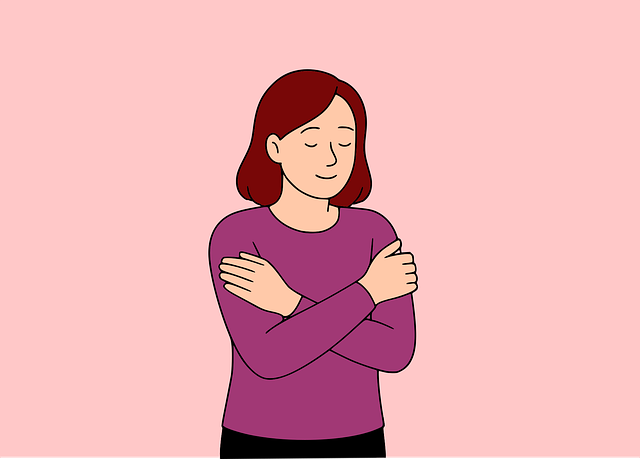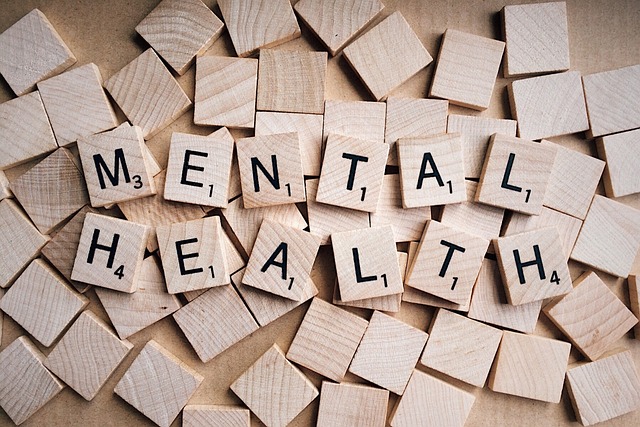Parker Depression Therapy revolutionizes mental health treatment by focusing on the vital link between social skills and well-being, especially for individuals with depression. This therapy addresses isolation, anxiety, and communication barriers by teaching clients to navigate social situations easier, manage emotions effectively, and build resilience against trauma. Through group sessions, active listening exercises, role-playing, and mindfulness meditation, Parker Depression Therapy empowers clients to regain confidence, connect with others, overcome challenges, and foster overall well-being while preventing depression recurrence. Support groups and the Mental Wellness Podcast Series further enhance coping strategies and community reintegration.
Social skills training is a vital component in managing mental health conditions, particularly depression. This comprehensive guide explores the intricate link between social interactions and mental well-being, shedding light on how enhancing social skills can significantly improve outcomes for individuals battling depression. We delve into specific challenges faced by those with depression in social settings and highlight Parker Depression Therapy as an effective approach. Additionally, practical strategies and the importance of peer support networks are discussed to foster better communication and overall recovery.
- Understanding the Link Between Social Skills and Mental Health
- Identifying Challenges in Social Interactions for Individuals with Depression
- The Role of Parker Depression Therapy in Enhancing Social Skills
- Practical Strategies for Improving Social Interaction and Communication
- Building a Supportive Network: Peer Relationships and Recovery
Understanding the Link Between Social Skills and Mental Health

In today’s world, where mental health awareness is growing, recognizing the profound impact of social skills on overall well-being, particularly for individuals dealing with conditions like depression, is essential. Parker Depression Therapy highlights a crucial aspect often overlooked in traditional treatment approaches—the intricate link between social interactions and mental health. Many mental health disorders can be exacerbated or improved based on an individual’s ability to connect, communicate, and build relationships.
Social skills play a pivotal role in fostering emotional well-being promotion techniques. They help individuals navigate social situations, manage emotions, and build resilience against traumatic experiences, thereby enhancing self-esteem improvement. Effective therapy, such as that offered by Parker Depression Therapy, focuses on teaching and refining these skills, providing much-needed support services for those struggling with social anxiety, trauma, or low self-worth. By addressing social competencies, therapists can empower individuals to lead more fulfilling lives, improving their overall mental health and quality of life.
Identifying Challenges in Social Interactions for Individuals with Depression

Individuals dealing with depression often face significant challenges when it comes to social interactions. This condition can lead to feelings of isolation and a withdrawal from social activities due to a lack of interest or energy, making it difficult for them to initiate or maintain conversations. Depression may also cause cognitive impairments, such as difficulty concentrating or remembering details, which can further impede effective communication. These challenges are exacerbated by the emotional weight of depression, often resulting in feelings of sadness, hopelessness, and a general disinterest in activities once enjoyed.
For instance, someone experiencing depression might struggle to participate in group settings, find it hard to express their thoughts or emotions, and experience anxiety in social situations. Parker Depression Therapy recognizes these obstacles and focuses on empowering individuals to navigate these challenges. Through tailored strategies, the therapy aims to facilitate emotional healing processes, foster inner strength development, and ultimately, enhance social skills necessary for building meaningful connections while preventing recurrence of depression symptoms.
The Role of Parker Depression Therapy in Enhancing Social Skills

Parker Depression Therapy is a pioneering approach that goes beyond traditional treatments by focusing on the intricate link between mental health and social interactions. This therapy recognizes that depression doesn’t just impact an individual’s emotional state; it significantly affects their ability to connect with others, fostering feelings of isolation. By targeting these social skills, Parker Depression Therapy becomes a powerful tool for recovery.
Through its comprehensive programs, individuals learn to navigate social situations with newfound confidence. The therapy encourages the development of inner strength, enabling clients to overcome anxiety and shyness. By participating in group sessions and practicing active listening, they enhance their communication skills. This holistic process not only aids in depression prevention but also contributes to the overall well-being and reintegration of individuals into their communities, breaking down barriers and fostering public awareness campaigns that promote mental health understanding.
Practical Strategies for Improving Social Interaction and Communication

Improving social interaction and communication is a crucial part of managing mental health conditions, such as depression. At Parker Depression Therapy, we emphasize practical strategies that can make a significant difference in one’s daily life. Engaging in open and honest conversations with trusted individuals or participating in group activities can help rebuild social connections and enhance communication skills. Our therapists guide clients through role-playing scenarios and provide real-time feedback to ensure effective interactions.
Additionally, our Mental Wellness Podcast Series Production offers valuable insights into coping skills development, featuring expert interviews and relatable stories from those who have overcome challenges. By integrating these practical tools and resources, individuals can build resilience, foster meaningful relationships, and improve their overall mental wellness.
Building a Supportive Network: Peer Relationships and Recovery

Building a supportive network is an integral part of recovery for individuals with mental health conditions, particularly depression, as highlighted by Parker Depression Therapy. Peer relationships play a pivotal role in fostering resilience and promoting healing. Connecting with like-minded individuals who understand the challenges of living with a mental health disorder can provide a sense of belonging and reduce feelings of isolation. Support groups, both online and offline, offer a safe space to share experiences, gain insights, and offer encouragement. These connections can significantly enhance coping strategies and overall well-being.
Moreover, mindfulness meditation has emerged as a valuable tool in depression prevention and stress management. By cultivating present-moment awareness, individuals can learn to observe their thoughts without judgment, reducing the impact of negative thought patterns. Incorporating mindfulness practices into daily routines enables better emotional regulation and promotes a sense of calm, which is essential for maintaining mental health and building resilience against relapse.
Social skills training is a powerful tool for individuals with mental health conditions, particularly depression. By understanding the link between social skills and mental well-being, we can address specific challenges faced by those dealing with depression. Parker Depression Therapy offers a unique approach to enhancing social skills, while practical strategies and supportive peer relationships further aid in recovery. Integrating these components can lead to improved communication, healthier interactions, and a more fulfilling social life for those navigating mental health issues.


